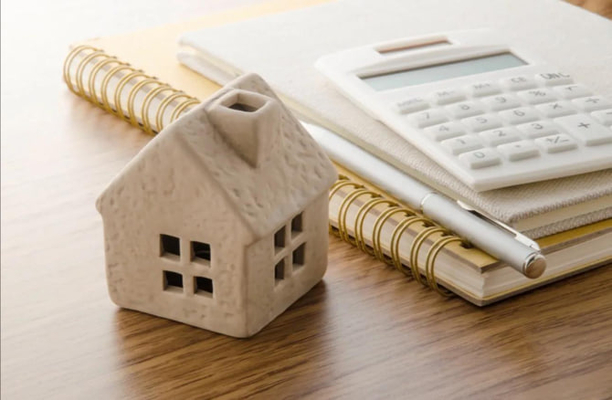Thailand levies income tax on rental property

It is crucial for property owners and landlords to understand the fiscal implications of the earnings generated from the leasing of apartments in Thailand, as they are subject to taxation. In order to guarantee that both individuals and enterprises contribute to the nation's fiscal resources in a fair manner, Thailand imposes taxes on rental income.
In Thailand, the conventional approach to calculating rental income tax is to ascertain a percentage of the total rental income received from tenants. As of September 2021, the tax rates were as follows:
1. Individual Taxpayers: Rental income is generally considered a part of an individual property proprietor's total annual income. It is then subject to a personal income tax, which is progressive and typically ranges from 5% to 35%. The individual's entire annual income, including rental income, determines the precise rate.
2. Juristic Persons (Companies): When a company or legal entity owns the property, the rental income is subject to a fixed rate of 20% of the total gross rental income. Typically, this rate exceeds the individual tax rate, emphasizing the importance of corporations conducting a thorough evaluation of the tax implications before engaging in property rentals.
3. Deductions and Expenses: Property owners have the option to deduct specific expenditures associated with the rental property, such as property management charges, repair expenses, and maintenance costs, from their rental income, which is subject to taxation. This method has the potential to significantly reduce the overall tax burden.
4. Tax Reporting: The Thai Revenue Department requires property owners to submit a statement of their rental income and associated expenses. To ensure compliance with tax regulations, it is imperative to keep accurate records of all rental transactions and expenses.
5. Withholding Tax: In certain circumstances, tenants may be required to retain a portion of the rental payment and remit it as withholding tax to the Revenue Department. The standard withholding tax rate is typically 5% of the total aggregate rental income, although it may fluctuate depending on the tenant's tax status.
It is imperative to be cognizant of the fact that tax laws and regulations are subject to change over time, which emphasizes the importance of staying informed about the most recent requirements and rates. Additionally, property proprietors may be eligible for specific tax incentives or exemptions, depending on the property's geographical location and their personal circumstances.
Property owners should seek the assistance of tax specialists or legal professionals who are well-trained in Thai tax legislation to effectively navigate the complexities of rental income taxation in Thailand. This consultation can ensure accurate adherence to tax regulations and streamline the financial aspects of leasing an apartment in Thailand




